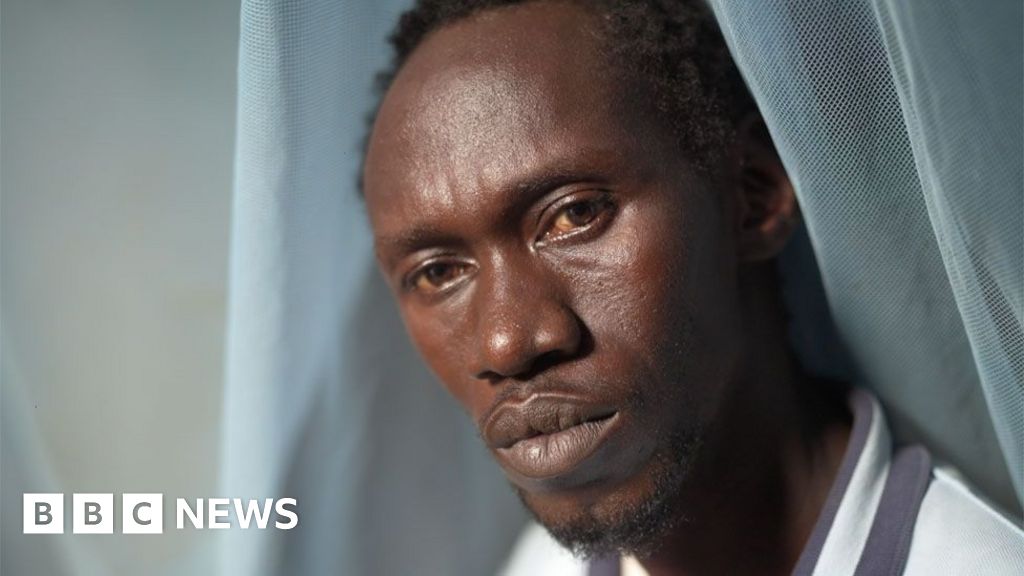Place your adverts here on InfoDig @ low rates; banner ads, sponsored links and guest articles etc. Contact us
The Federal High Court in Abuja has been asked to set aside the alleged age barrier imposed by the Federal Ministry of Education, which restricts applicants below 18 years from exercising their right to association and self-determination regarding enrolling to write the West African Examinations Council (WAEC) or Joint Admissions Matriculation Board (JAMB) examinations.
The fundamental rights suit was filed by Mr. Maxwell Opara (on behalf of his son, Master Chinaemere), a lawyer, against the Ministry of Education, JAMB, and the National Universities Commission (NUC).
This request follows the declaration by the Minister of Education, Prof. Tahir Mamman, that candidates under 18 will no longer be permitted to take the JAMB examination starting next year.
Applicant’s Claims
In the suit filed on Monday through Wayne Chikezie Elijah Esq., Opara asked the court to declare that the age restriction for sitting for WAEC and/or JAMB examinations, as contemplated by the ministry, is unlawful and unenforceable, as it amounts to a gross violation of a child’s right to education.
In an affidavit supporting the application, Maxwell Opara stated that his son, Master Chinaemere, is an SS2 student at Sure Start Secondary School who is directly affected by the respondents’ Minimum Age for Admission Policy, which impedes his right to freedom from age discrimination and education, as enshrined in Chapter 4 of the 1999 Constitution of the Federal Republic of Nigeria and the African Charter on Human and Peoples’ Rights.
He mentioned that, while the applicant is 15 years old and an SS2 student at Sure Start International School, he read in an online newspaper that the ministry “stated that there’s no going back on the implementation of this policy, which indicates that any person below 16 years would not be qualified to enter university, regardless of their brilliance, mental capacity, or academic excellence.”
Opara submitted that the applicant would enter SS3 in the 2024/2025 academic session, planning to write his WAEC, NECO, and JAMB in 2025, with the expectation of gaining admission in the 2025/2026 university academic sessions.
“I know as a fact that in Nigeria, there is no specific age limit for gaining admission into universities. However, candidates typically must have completed their secondary education and sit for the West African Senior School Certificate Examination (WASSCE) or its equivalent.”
“I know as a fact that most universities in Nigeria require candidates to meet certain academic qualifications, such as having a minimum number of credits in relevant subjects and passing the Unified Tertiary Matriculation Examination (UTME).”
“I know as a fact that there is no federal or state law making age a barrier for the applicant to gain admission,” Opara stated.
“The applicant will be 15 years old when he takes his JAMB, NECO, and WAEC examinations.
“In the event that the applicant passes all his papers and secures admission to study medicine and surgery in the medical college of the university, he is expected to complete everything, including medical externship and youth service, by the age of 23, which would still make him eligible for selection as a young man in the Nigerian Armed Forces short service,” he added.
He contended that if the court did not declare the ministry’s policy on age restrictions unconstitutional and unlawful, the applicant would remain idle and academically inactive for the next three years, waiting to turn 18 before gaining admission.
He argued that this would significantly increase the likelihood of a decline in the applicant’s academic capacity, meaning that if the applicant gains admission at age 18, he may complete his medical education at an age not below 26, assuming all goes well.
Nairametrics gathered that a hearing on the matter has yet to be fixed.
What You Should Know
After widespread reactions from Nigerians, the ministry clarified in September 2024 that it has not stopped students under 18 from writing the WAEC and NECO exams.
The ministry stated that the minister was specifically addressing the 18-year entry age into tertiary institutions, as practiced in the 6:3:3:4 system of education.
“We have agreed that we are going to consider it a work in progress. The National Assembly is working, and we are also working.
“It is shocking to say that a university in this country has admitted children at ages 10, 11, and 12. This is totally wrong.
“We are not saying that there are no exceptions; we know there can be talented students with the IQ of an adult even at ages 6 and 7, but these are very few.
“There must be a rule, and the ministry is looking to develop guidelines on how to identify a talented child, so parents don’t claim we are blocking their children’s chances, “ the ministry stated.
This application, however, is the latest legal proceedings challenging the announcement made by the education ministry.









)
)




 English (US) ·
English (US) ·